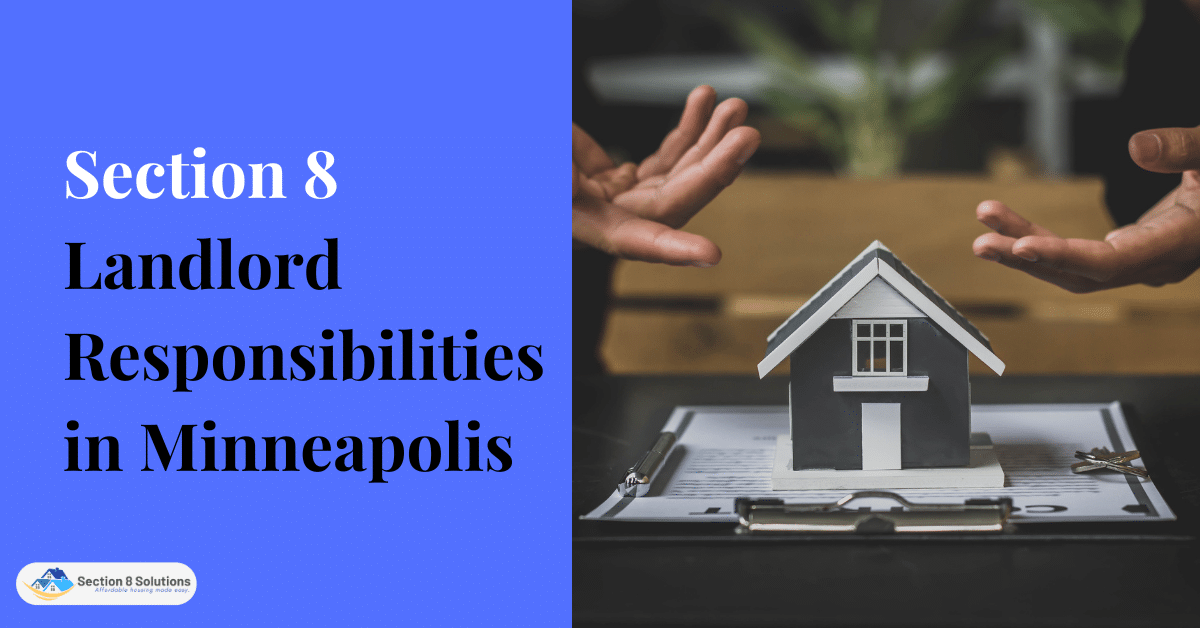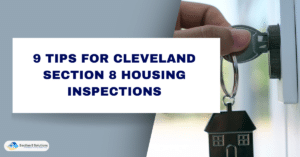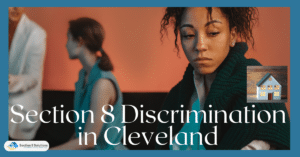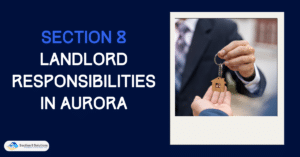Section 8 is a crucial housing program that provides rental assistance to low-income individuals and families. As a landlord in Minneapolis, understanding your responsibilities under this program is essential for maintaining compliance and providing safe, affordable housing to eligible tenants.
In this guide, we’ll walk you through the key aspects of your role as a Section 8 landlord, ensuring that you’re well-informed and prepared to participate in this vital program.

1. Registering for the Section 8 Housing Program
Before you can become a Section 8 landlord in Minneapolis, it’s essential to register with the local Public Housing Agency (PHA). This process involves submitting the necessary documentation to verify your eligibility and the suitability of your property for the program. By participating in Section 8, you gain access to a reliable source of rental income, as the program assists eligible tenants with a portion of their rent, ensuring consistent payments. Furthermore, being part of the program allows you to provide affordable housing options to low-income individuals and families in your community, making a positive social impact. Embracing your role as a Section 8 landlord not only benefits you financially but also contributes to the welfare of those in need, fostering a more inclusive and supportive housing environment in Minneapolis.

2. Property Inspection Requirements
Section 8 landlords in Minneapolis must ensure their housing units meet specific quality and safety standards. The PHA conducts property inspections to verify compliance with housing regulations. These inspections focus on essential elements such as structural integrity, sanitation, heating, and electrical systems. Understanding these requirements is crucial for maintaining your property’s eligibility for the program and guaranteeing a safe living environment for your tenants. Addressing any issues promptly will not only benefit your tenants but also enhance your property’s desirability in the rental market.

3. Rental Pricing and Fair Market Rent
As a Section 8 landlord in Minneapolis, setting the right rent is a crucial aspect of your role. It is essential that your rental rates align with the Fair Market Rent (FMR) established by the Public Housing Agency (PHA). FMR is determined based on local rental market conditions and housing demand, ensuring that it reflects the prevailing rates in your area.
Our guide will walk you through the process of determining the FMR for your specific property type and size. Understanding the FMR will help you set competitive rental prices that are in line with the market, ensuring that your property remains attractive to potential Section 8 tenants.
4. Tenant Screening and Selection
The process of tenant screening and selection is a pivotal aspect of being a Section 8 landlord in Minneapolis. Our comprehensive guide will walk you through this critical process, emphasizing the importance of adhering to fair housing laws to ensure fair and equal consideration for all applicants. By evaluating prospective tenants based on their eligibility, rental history, and suitability for your property, you can identify responsible and reliable occupants.
Understanding the eligibility criteria set by the PHA is key to finding tenants who meet the program’s requirements. By doing so, you not only ensure that your property remains in compliance but also increase the likelihood of receiving consistent rent payments through the program.

5. Lease Agreements and Contractual Obligations
The lease agreement is a cornerstone of the Section 8 program, outlining the terms and conditions for the tenancy. We’ll explore essential elements of the lease, including lease duration, rent amount, security deposit rules, and responsibilities of both landlords and tenants. Understanding these contractual obligations is vital for a transparent and mutually beneficial relationship. By clarifying expectations from the outset, you foster a positive rental experience and minimize the likelihood of disputes during the tenancy.
6. Requesting Rent Payments from PHA
Maintaining a steady cash flow is vital for efficient property management, and as a Section 8 landlord in Minneapolis, you’ll rely on rent payments from the Public Housing Agency (PHA) to support your rental business. To facilitate this process, we’ll guide you through the step-by-step procedure of requesting rent payments from the PHA. You’ll learn the importance of submitting the necessary documentation promptly and accurately, ensuring that your payments are processed in a timely manner. From completing required forms to providing relevant tenant information, we’ll cover all the essential aspects that contribute to a smooth payment process.

7. Dealing with Tenancy Changes
Tenant turnover is a natural aspect of rental property ownership. In this section, we’ll outline the process of handling tenancy changes, including lease renewals, lease terminations, and procedures for evictions, if necessary, under the Section 8 program. Understanding the legal and procedural requirements involved in these changes is essential to navigate them effectively while maintaining compliance with the program guidelines and local regulations. Handling tenancy changes smoothly ensures a seamless transition for both you and your tenants and promotes a positive rental experience for all parties involved.

In conclusion
By following the guidelines set by the PHA, you can navigate this program successfully while offering affordable housing to those in need. Staying informed and remaining compliant is essential for fostering a mutually beneficial relationship between landlords and Section 8 tenants. Embrace your role as a responsible landlord, and together, we can contribute to a thriving community where safe and affordable housing is accessible to all. Congratulations on taking this important step, and best of luck in your journey as a Section 8 landlord!












